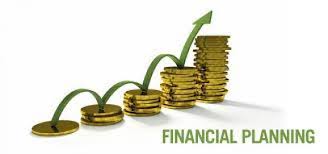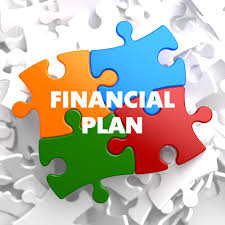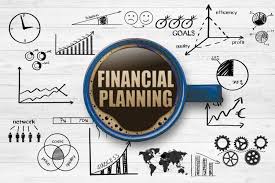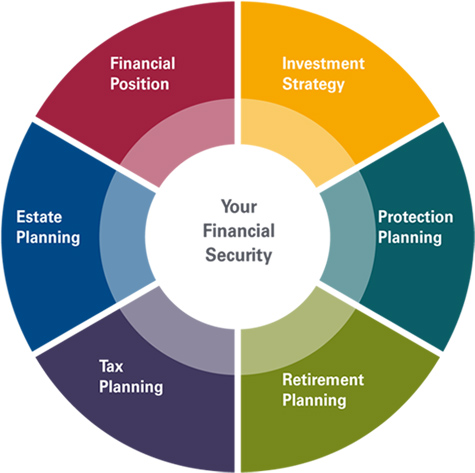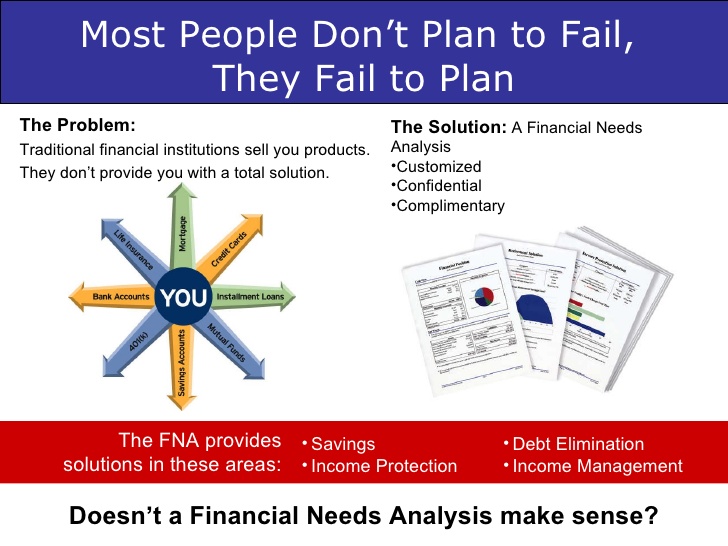Prestige Professional Management
Your Consumer Resource Specialist
Creating Your Financial Roadmap for Success
Let us Help You Develop a Customized Financial Plan!
People Don't Plan to Fail. They Fail to Plan!
Your Customized Financial Needs Analysis will provide you with solutions for:
*Credit Repair *Savings *Income Protection *Wealth Creation *Retirement *Debt Elimination
